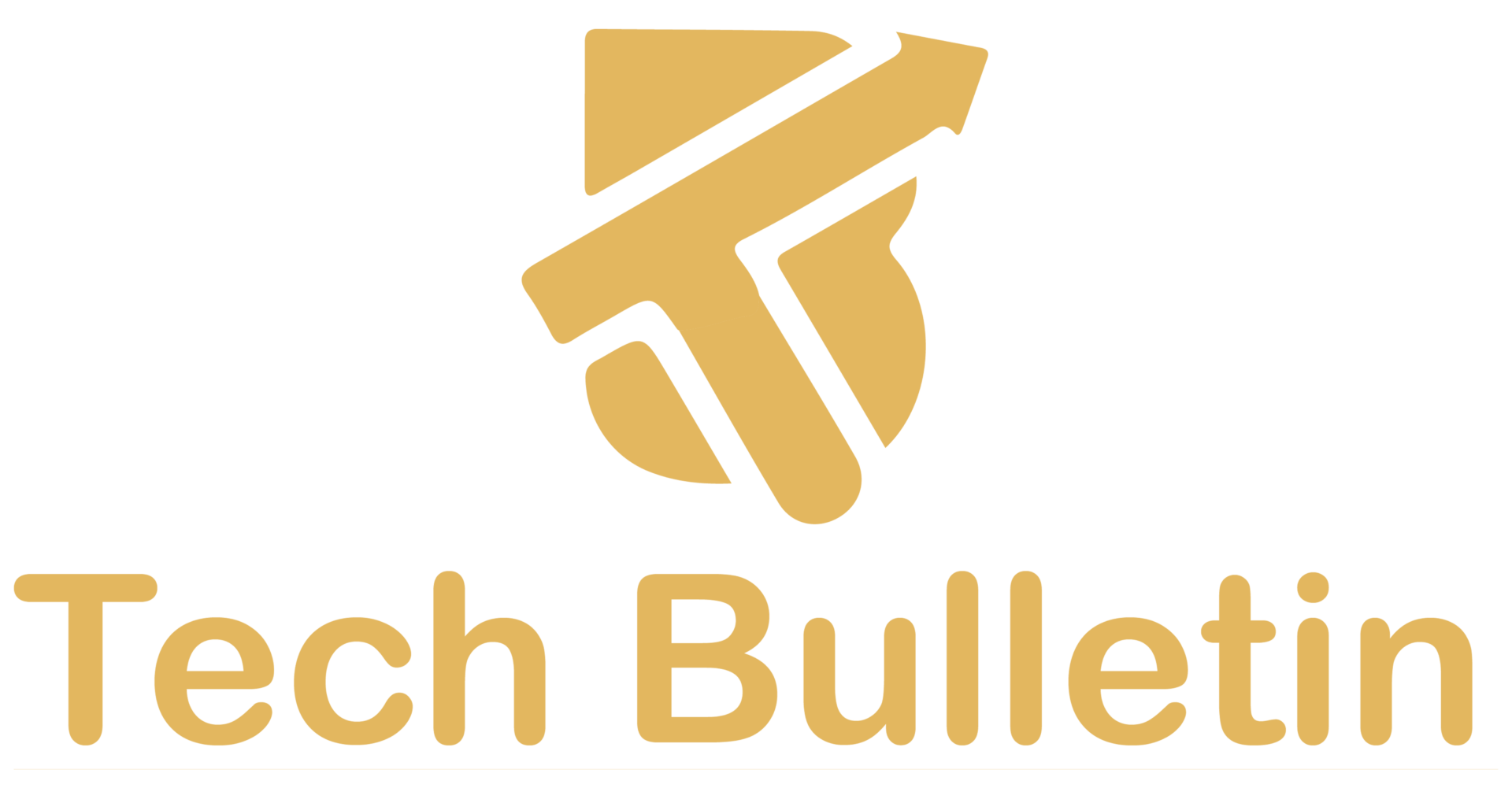7 Best AI Tools for Small Business Automation

Running a small business means juggling endless tasks. From managing emails to tracking expenses, it can feel overwhelming. That’s where automation steps in. The best AI tools for small business automation can save you time, cut costs, and boost productivity—without needing a big team.
In this guide, you’ll discover seven powerful AI tools, what they do, why they matter, and how they can transform your business. Let’s dive in.
1. HubSpot – AI-Powered Marketing and CRM
If you want to automate marketing and customer management, HubSpot is hard to beat.
Key Features
- AI email personalisation
- Automated customer segmentation
- Smart chatbots for lead capture
- Robust CRM with pipeline automation
Why It Matters
HubSpot helps you capture leads, nurture them with AI-driven campaigns, and track every interaction automatically.
Pros & Cons
Pros
- Easy integration with popular apps
- Strong analytics dashboard
- Scales well for growing businesses
Cons
- Premium features can be costly.
- It may feel overwhelming for beginners.
2. QuickBooks – AI for Accounting and Finance

Accounting doesn’t need to eat your weekends. QuickBooks uses AI to simplify financial management.
Key Features
- Automated expense tracking
- AI-powered invoicing and payment reminders
- Tax preparation tools
- Cash flow forecasting
Why It Matters
You’ll never have to chase late payments manually again. QuickBooks automates reminders and keeps your books tidy.
Pros & Cons
Pros
- Saves hours of manual entry
- Cloud-based with mobile access
- Reliable customer support
Cons
- Higher-tier plans can get expensive.
- Some advanced reports require upgrades.
3. Zapier – The Glue for Business Automation
Zapier is the king of connecting apps. If you want tools to “talk” to each other, this is your best friend.
Key Features
- Automates workflows across 5,000+ apps
- AI triggers for repetitive tasks.s
- Pre-built “Zaps” for quick setup
Why It Matters
Imagine receiving a lead form on your website, and Zapier instantly adds it to your CRM, sends a Slack alert, and updates a Google Sheet—without you lifting a finger.
Pros & Cons
Pros
- Huge library of integrations
- Easy no-code setup
- Reliable automation execution
Cons
- Costs rise with heavy usage.
- Some complex workflows need a premium plan.s
4. Grammarly – AI Writing Assistant
Your emails, proposals, and blogs represent your brand. Grammarly ensures they sound sharp and professional.
Key Features
- Grammar and style checks
- Tone and clarity suggestions
- AI rewriting for conciseness.
- Plagiarism detection
Why It Matters
Clear communication builds trust. Grammarly saves you from embarrassing errors and polishes your brand voice.
Pros & Cons
Pros
- Easy Chrome extension and app integrations
- AI tone suggestions
- Works across platforms
Cons
- The free plan has limited features.
- Some suggestions may feel too formal.
5. Trello with Butler – AI Project Management

Trello is a visual project management tool, and its built-in AI automation, Butler, takes it up a notch.
Key Features
- Automated task assignment
- Due date reminders
- Rule-based workflow automation
- Customizable boards and cards
Why It Matters
You don’t need to manually assign tasks or send reminders. Butler does it for you, making project management seamless.
Pros & Cons
Pros
- Simple drag-and-drop interface
- Great for team collaboration
- Free plan available
Cons
- Limited advanced features compared to big project tools
- Automation limits on the free plan
6. ManyChat – AI Chatbot for Customer Support
If you sell online or rely on social media, ManyChat automates conversations and sales.
Key Features
- AI-driven chatbots for Facebook, Instagram, and WhatsApp
- Automated responses for FAQs
- Sales funnel automation
- Lead collection through conversations.
Why It Matters
Customers expect instant replies. ManyChat ensures they get answers—even when you’re asleep.
Pros & Cons
Pros
- Easy drag-and-drop chatbot builder
- Boosts engagement and conversions
- Affordable pricing
Cons
- Works best with Meta platforms
- Advanced customisations need upgrades.
7. Jasper AI – Content Creation Made Easy

Need blogs, ads, or social media captions fast? Jasper AI creates content in seconds.
Key Features
- AI-driven blog posts and copywriting
- Pre-built templates for ads and landing pages
- Tone customization
- Integration with Surfer SEO
Why It Matters
Content drives traffic. Jasper speeds up content creation without sacrificing quality.
Pros & Cons
Pros
- Saves hours of writing
- High-quality AI content outputs
- Great for SEO-friendly copy
Cons
- Subscription cost is high.
- Requires editing for brand voice consistency
Comparison Table – Best AI Tools for Small Business Automation
| Tool | Best For | Key AI Feature | Pricing (Starting) |
| HubSpot | Marketing & CRM | AI chatbots, lead automation | Free / $20+ |
| QuickBooks | Finance & Accounting | Automated invoicing, AI reports | $15/month |
| Zapier | Workflow Automation | Multi-app integrations | Free / $19+ |
| Grammarly | Writing & Communication | Tone & clarity suggestions | Free / $12+ |
| Trello + Butler | Project Management | AI task automation | Free / $5+ |
| ManyChat | Customer Engagement | Chatbots for social platforms | Free / $15+ |
| Jasper AI | Content Creation | SEO copywriting templates | $39/month |
FAQs About AI Tools for Small Business Automation
1. What are the best AI tools for small business automation?
The top tools include HubSpot, QuickBooks, Zapier, Grammarly, Trello, ManyChat, and Jasper AI.
2. Can AI tools replace employees?
No. AI tools assist employees by automating repetitive tasks, freeing up time for creative and strategic work.
3. Are AI automation tools expensive?
Most offer affordable plans starting at $10–$30 monthly, making them accessible for small businesses.
4. How do I choose the right AI tool for my business?
Start with your biggest pain point. If it’s finances, pick QuickBooks. For marketing, try HubSpot.
5. Do AI tools require technical skills?
Not at all. Most tools use no-code or low-code interfaces, making them beginner-friendly.
6. Can these tools work together?
Yes. With platforms like Zapier, you can integrate multiple AI tools into one smooth workflow.
7. Are free AI tools enough for small businesses?
Free plans work for startups, but growing businesses often need paid versions for advanced features.
Conclusion
The best AI tools for small business automation aren’t about replacing humans—they’re about giving you more time to focus on what matters. Tools like HubSpot, QuickBooks, and Zapier streamline your operations, while Jasper and Grammarly elevate your content. Whether you want to automate customer support, manage projects, or simplify accounting, there’s an AI solution ready to help.
Also Read: What is robotic process automation (RPA) and its primary uses?







